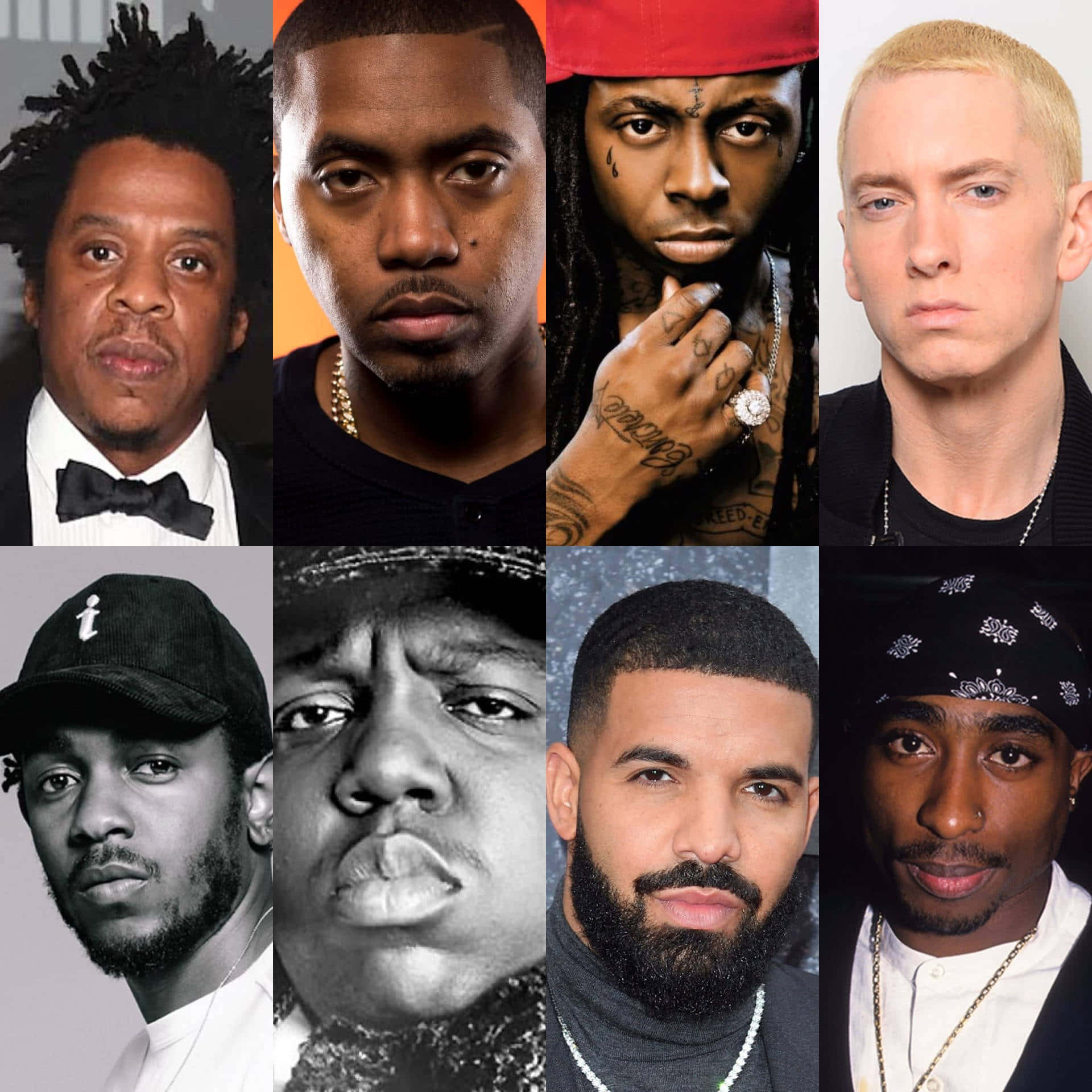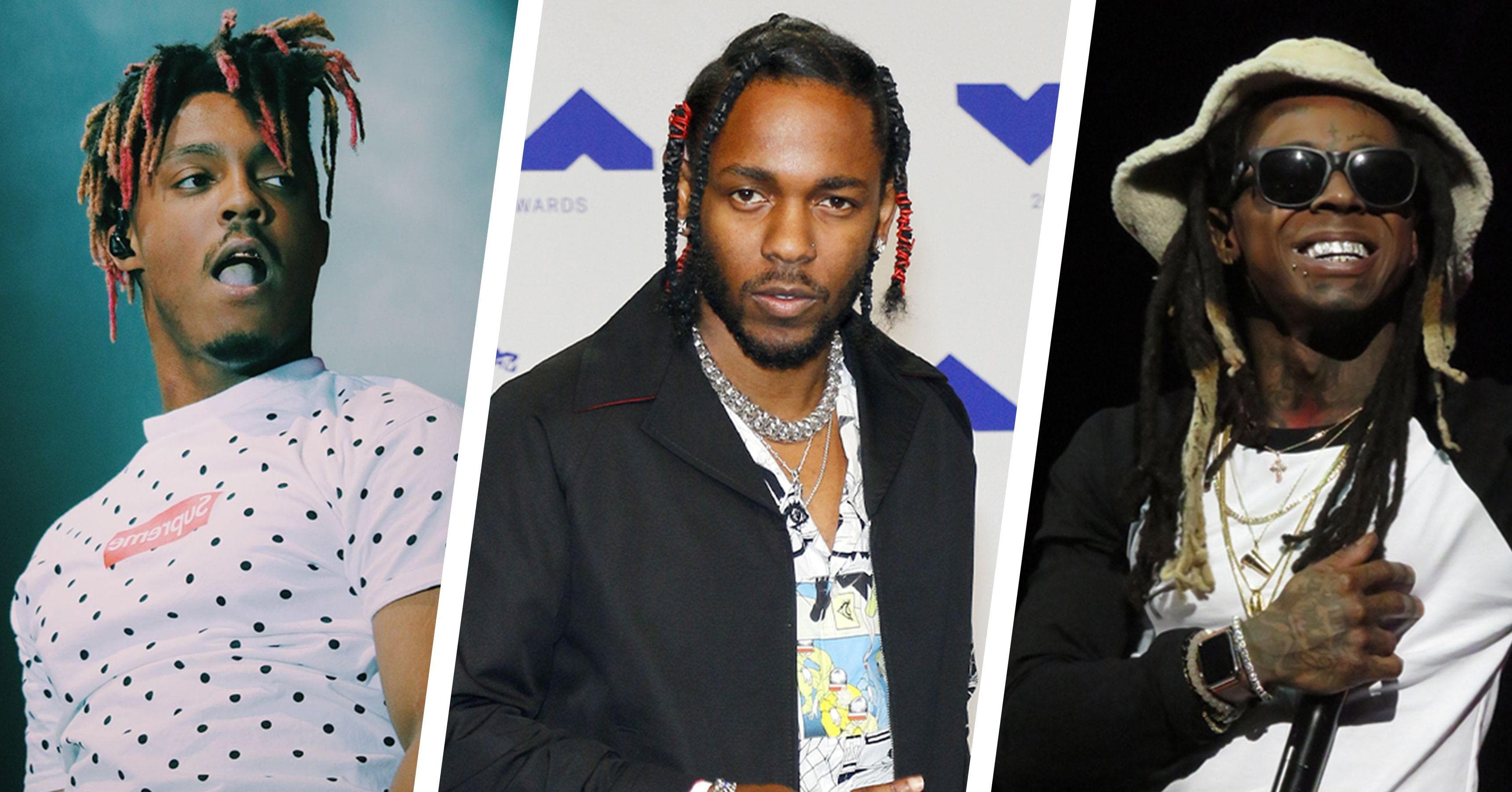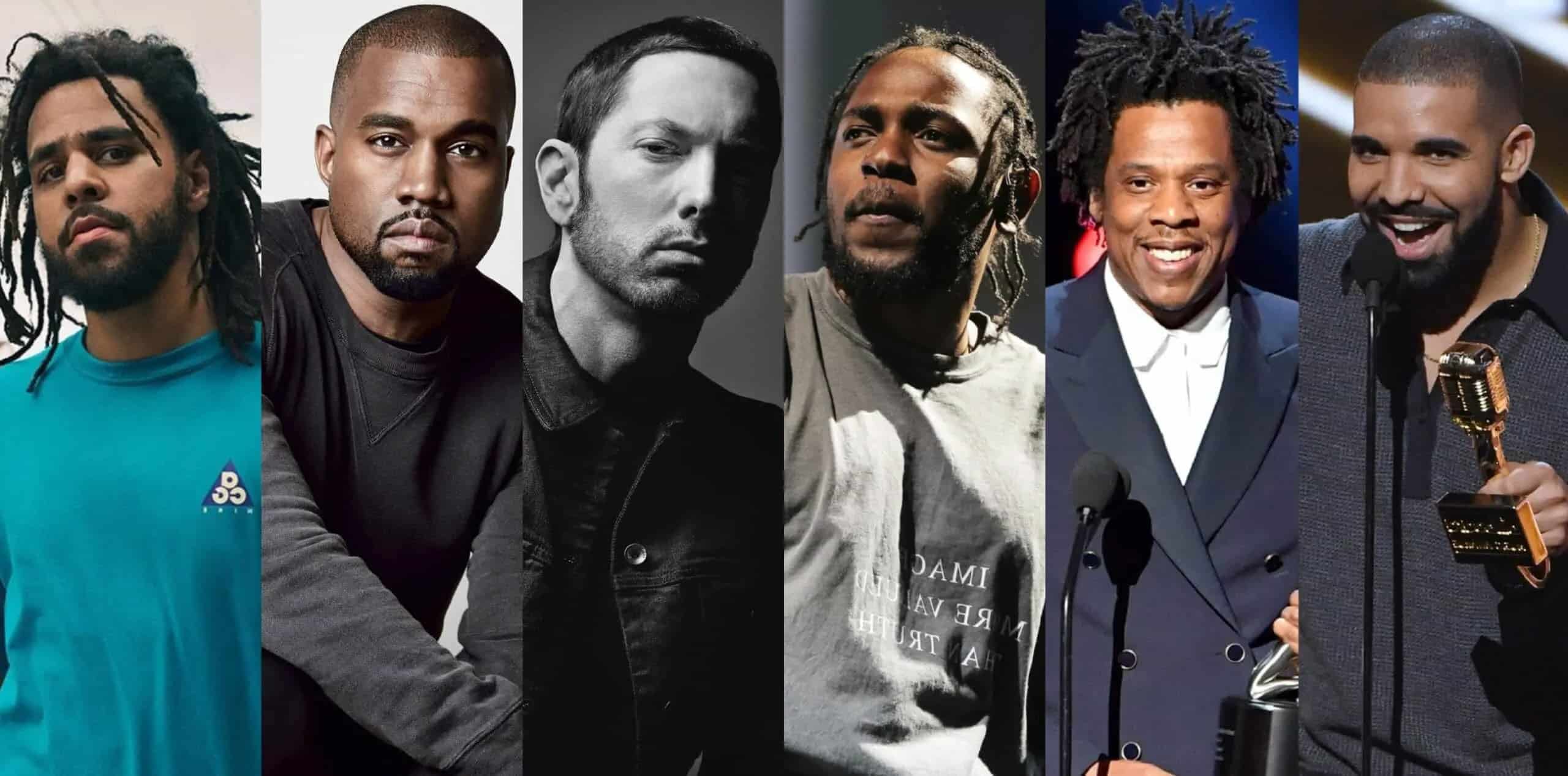Rappers In The 90s - A Look Back At An Iconic Era
Table of Contents
- Introduction
- What Made 90s Rappers Stand Out?
- The Sound and Style of 90s Rappers
- How Did Skill and Authenticity Shape 90s Rappers?
- Critiques and Craft Among 90s Rappers
- Where Did the Roots of 90s Rappers Lie?
- Street Stories and 90s Rappers' Origins
- Were Female Rappers in the 90s Truly Golden?
- The Powerful Voices of Female 90s Rappers
The nineties, you know, that decade was a truly special time for music, especially for rap. It was a period when voices from neighborhoods all over found their way onto big stages, shaping not just sounds but entire ways of thinking and talking. This era, in a way, felt like a coming of age for a whole musical movement, with artists finding new ways to express themselves and connect with listeners far and wide.
Back then, the way we figured out who was making the biggest splash felt a little different from how we do things today. It wasn't just about how many people clicked on a page, though that's a common measure now, isn't it? Instead, it often came down to what you heard booming from car speakers, what tracks were getting played at every party, and who had the streets buzzing with their latest tunes. This period saw a rise in artists who really captured the feeling of their surroundings, translating everyday life into powerful songs that stuck with you.
So, we're going to take a closer look at what made the rappers from this particular time so memorable. We'll chat about the stories they told, the skills they showed off, and how their music still resonates with people even now. It’s a chance to revisit a time when the genre really cemented its place in popular culture, creating a legacy that continues to influence new artists today, more or less.
- Mackenzie Davis Wife Exploring The Life And Relationship Of The Acclaimed Actress
- Raven Rockette The Rising Star Of The Entertainment Industry
- Aase Brekke A Comprehensive Insight Into Her Life And Career
- Aubrey White Story A Journey Of Inspiration And Resilience
- Amanda Swisten The Rising Star In Entertainment
What Made 90s Rappers Stand Out?
Thinking about what set the rappers of the nineties apart, it really boils down to a mix of things. There was a genuine push for unique sounds, for one thing, and a strong desire to tell stories that felt real and honest. Many artists from that time period didn't just sing; they painted vivid pictures with their words, drawing you right into their experiences. This meant a lot of focus on clever wordplay and rhythms that made you want to move, too it's almost like they were speaking directly to your soul.
The music itself often carried a strong sense of place, reflecting the neighborhoods and communities where these artists grew up. You could hear the hustle, the joy, the struggles, and the triumphs woven into every beat and every rhyme. It was a time when the music felt incredibly personal, yet it spoke to so many different people across different walks of life. This connection, you know, it made the music feel truly alive and important to countless fans.
Moreover, the way artists built their careers back then was quite organic. It wasn't always about massive marketing campaigns right from the start. Often, it began with local buzz, with people passing tapes around, and with artists building a reputation on their pure talent and stage presence. This kind of grassroots growth really helped solidify their standing and made their success feel earned, you know, truly earned.
- Is Allison Tolman Married Discovering The Life Of The Talented Actress
- Ultimate Guide To Movie Rezlcom 2024 Your Goto Source For Fresh Films
- Mamitha Baiju Size A Comprehensive Insight
- Understanding Jellybean Brains Leak Causes Effects And Solutions
- Mohammed Bin Salman Wife Unveiling The Life Of The Crown Princes Partner
The Sound and Style of 90s Rappers
The soundscape of 90s rappers was incredibly diverse, offering something for just about everyone. You had everything from hard-hitting beats that made the ground shake to smoother, jazz-infused tracks that felt like a warm hug. It was a time when producers were experimenting with samples from all sorts of places, creating new textures and grooves that were fresh and exciting. This willingness to blend different sounds gave the music a richness that's still appreciated today, pretty much.
Style wasn't just about the music, either; it was also about how artists presented themselves. From baggy clothes and Timberland boots to more tailored looks, the fashion of 90s rappers was as influential as their lyrics. It was about expressing individuality and representing where you came from, and this visual identity became just as iconic as the sounds they created. In a way, the whole package was a statement, a reflection of a vibrant cultural moment.
And then there was the lyrical approach. Many artists put a huge premium on storytelling, crafting narratives that could be gritty, humorous, thought-provoking, or all of the above. They used their words to explore social issues, personal struggles, and the everyday happenings of their lives, making their music deeply relatable. This commitment to lyrical depth meant that listeners often felt like they were getting a peek into a genuine experience, very much so.
How Did Skill and Authenticity Shape 90s Rappers?
When you talk about the nineties, you simply have to talk about skill and authenticity. These weren't just buzzwords; they were the very foundation upon which many careers were built. Artists were constantly pushing each other to be better, to sharpen their lyrical tools, and to deliver performances that left no doubt about their abilities. It was a competitive but often respectful atmosphere, where genuine talent was recognized and celebrated, so to speak.
There was a widely held belief that if you were going to step up to the microphone, you had better bring your A-game. This meant hours spent perfecting rhymes, practicing delivery, and making sure every word hit just right. The audiences, too, were discerning; they could tell the difference between someone just going through the motions and someone who truly lived and breathed their craft. This high standard, you know, really drove the quality of the music higher.
Authenticity, too, was a huge deal. People wanted to hear from artists who sounded like they were speaking their truth, who weren't afraid to share their real experiences, even if those experiences were tough. This meant that the stories told in songs often felt raw and unfiltered, creating a deep connection with listeners who recognized similar struggles or triumphs in their own lives. It was about keeping it real, as they used to say, and that resonated profoundly with fans.
Critiques and Craft Among 90s Rappers
The rap community in the nineties had its own internal critics, and these conversations often helped shape the direction of the music. You had artists like Tip and Phife Dawg, for example, who weren't shy about calling out emcees they felt were lacking in skill or originality. Their critiques, often delivered through their own songs or in interviews, were part of a larger dialogue about what constituted true artistry in rap. It was a way of holding each other accountable, in a way.
This constant evaluation fostered an environment where the craft of rapping was taken very seriously. Artists would swap stories about how they wrote their rhymes, how they structured their songs, and how they approached their performances. It was almost like an informal school of thought, where techniques were shared and refined, always with the goal of pushing the boundaries of what was possible with words and rhythm. This focus on the actual mechanics of rapping, you know, was pretty important.
The idea of "privileged rappers," a concept explored in some works, also touched on these themes of authenticity and the struggle to the top. It questioned whether someone's background affected their credibility in the rap world, and it highlighted the often demanding path artists took to gain respect and recognition. This kind of discussion showed that the community valued genuine effort and a deep connection to the experiences being shared, very much so.
Where Did the Roots of 90s Rappers Lie?
The roots of 90s rappers were deeply embedded in specific places, especially the neighborhoods and streets where the culture first blossomed. It wasn't just about making music; it was about representing where you came from, giving a voice to your block, your crew, and your community. This sense of belonging and representation was a powerful driving force behind many artists' work, and it gave the music a distinct flavor, you know, a very distinct flavor.
For instance, places like the Bronx, often seen as the birthplace of hip-hop, continued to be incredibly influential. Alliances between different blocks and neighborhoods, like the "DOA" or "Dumpin On Anything" collective, showed how local connections translated into a broader identity within the rap scene. These kinds of groups often drew their strength from specific areas, like Sevside, based around E 187th Street and Prospect, giving their music a very grounded and authentic feel, you know, literally grounded.
The stories told by 90s rappers often reflected these origins. They spoke about the daily life, the challenges, and the triumphs experienced in their local areas. This connection to their surroundings made their narratives feel incredibly real and relatable to anyone who understood that particular way of life. It was a kind of musical journalism, in a sense, reporting from the front lines of urban experience, as a matter of fact.
Street Stories and 90s Rappers' Origins
Many 90s rappers built their reputations on the strength of their street stories. These weren't just fictional tales; they were often vivid accounts of real-life events, observations, and feelings from the places they called home. This narrative style created a powerful sense of connection with listeners, especially those who came from similar backgrounds or understood the nuances of the experiences being described. It was about keeping it honest, pretty much.
The way artists talked about their blocks, their crews, and the unspoken rules of their neighborhoods added a layer of depth to their music. It gave listeners a peek into worlds they might not have otherwise known, fostering a sense of shared experience or, at least, a greater understanding. This kind of storytelling made the music feel truly authentic and gave the artists a certain credibility that was highly valued, you know, really highly valued.
Even the way some artists would critique others, perhaps calling out "regular rappers" who they felt weren't representing their roots properly, spoke to this emphasis on genuine connection to one's origins. It was a subtle reminder that the music was more than just catchy beats and rhymes; it was a cultural expression deeply tied to specific communities and their unique stories. This focus on genuine representation, so, was a defining characteristic of the era.
Were Female Rappers in the 90s Truly Golden?
When we look back at the nineties, it's pretty clear that female artists played a huge part in shaping the rap landscape. While recent years have seen declarations of a "golden age" for female rappers and assertions that "the future of rap is female," the truth is, the nineties were already a powerhouse period for women in the genre. They weren't just present; they were making waves, breaking barriers, and setting trends that still influence artists today, you know, absolutely influencing them.
Female rappers from this era brought a fresh perspective and a fierce energy that was undeniable. They tackled a wide range of topics, from empowerment and independence to relationships and social commentary, all with their own unique flair. Their presence challenged existing norms and proved that women could be just as, if not more, impactful and innovative as their male counterparts in the rap world. This was a time of real growth for female voices, in a way.
The impact of these artists went beyond just selling records; they became role models and inspirations for a whole generation of young people. They showed that there was space for diverse voices and styles within rap, and that talent knew no gender. This period laid important groundwork for the female artists who would come after them, proving that the genre was truly for everyone, pretty much.
The Powerful Voices of Female 90s Rappers
The voices of female 90s rappers were incredibly powerful, commanding attention with their sharp lyrics, distinctive flows, and undeniable charisma. They weren't just rapping; they were making statements, often with a boldness and confidence that was both inspiring and groundbreaking. Each artist brought something different to the table, creating a rich variety of sounds and messages that reflected the diverse experiences of women at the time, that is that.
From artists who championed self-respect and strength to those who explored the complexities of love and relationships, the lyrical content was deep and varied. They weren't afraid to be vulnerable, funny, or fiercely assertive, and this honesty resonated deeply with audiences. This range of expression showed that female rappers were not a single entity but a vibrant collection of individual talents, you know, a very vibrant collection.
Their influence stretched far beyond the music charts, impacting fashion, language, and attitudes. They showed that rap could be a platform for strong, independent female voices to be heard loud and clear, challenging perceptions and opening doors for future generations. The impact of these powerful female 90s rappers continues to be felt today, serving as a reminder of their lasting contribution to the culture, really.
- Jerry Laseter A Comprehensive Look At His Life And Career
- Understanding Leak 517 An Indepth Analysis
- Mackenzie Davis Wife Exploring The Life And Relationship Of The Acclaimed Actress
- Exploring The Legacy Of Anthony Quinn His Children And Family Life
- Alanis Morissette And Ryan Reynolds A Deep Dive Into Their Relationship

Download Captivating Display Featuring Renowned Rappers Wallpaper

Top 25+ New School Rappers | Best Modern Hip Hop Artists

15 Best Rappers of All Time - Singersroom.com